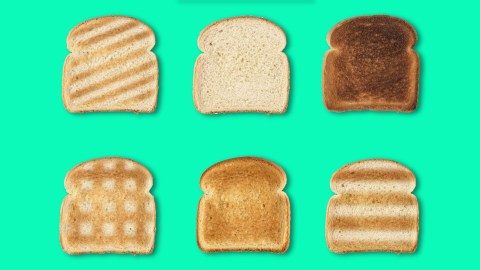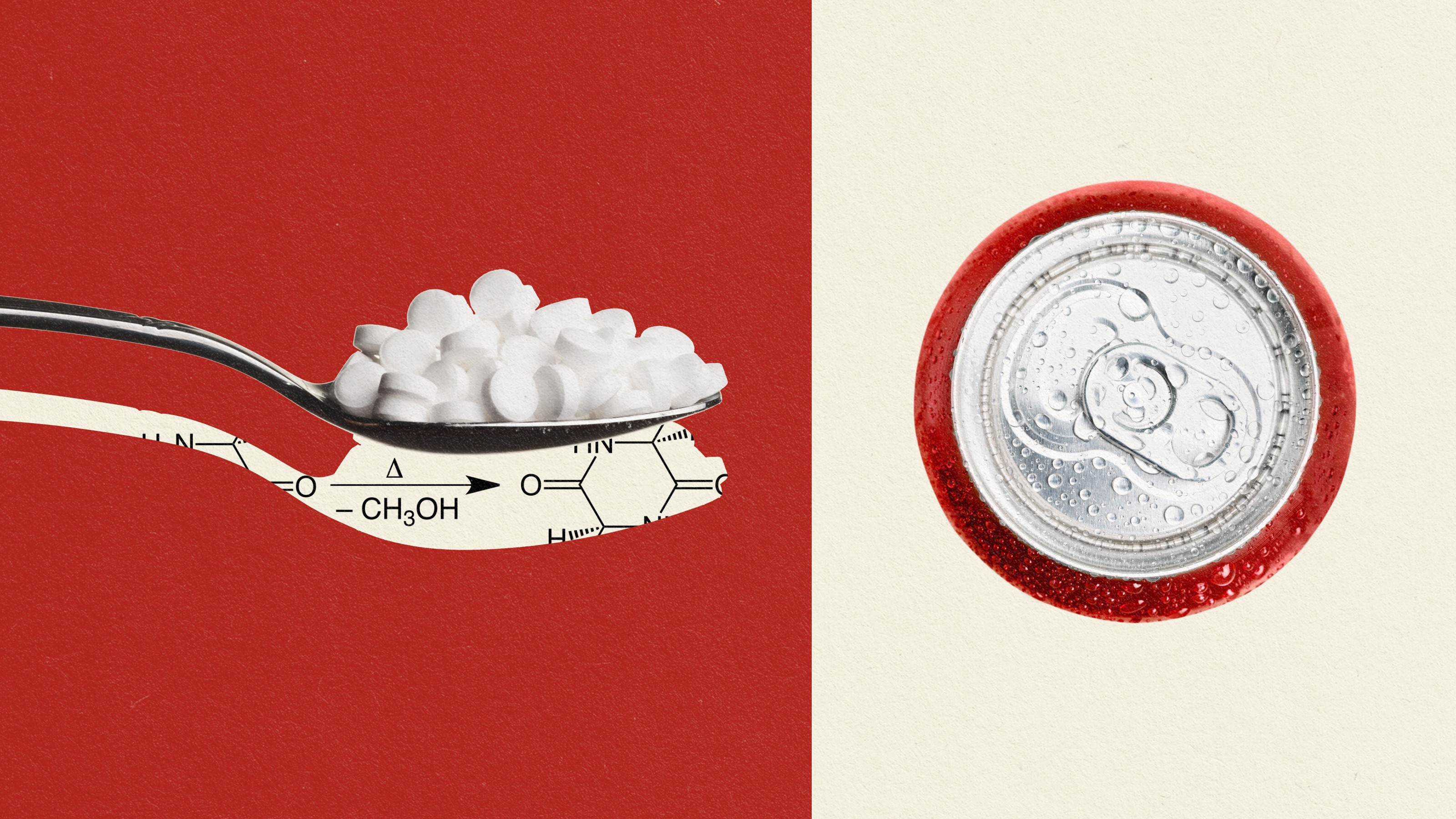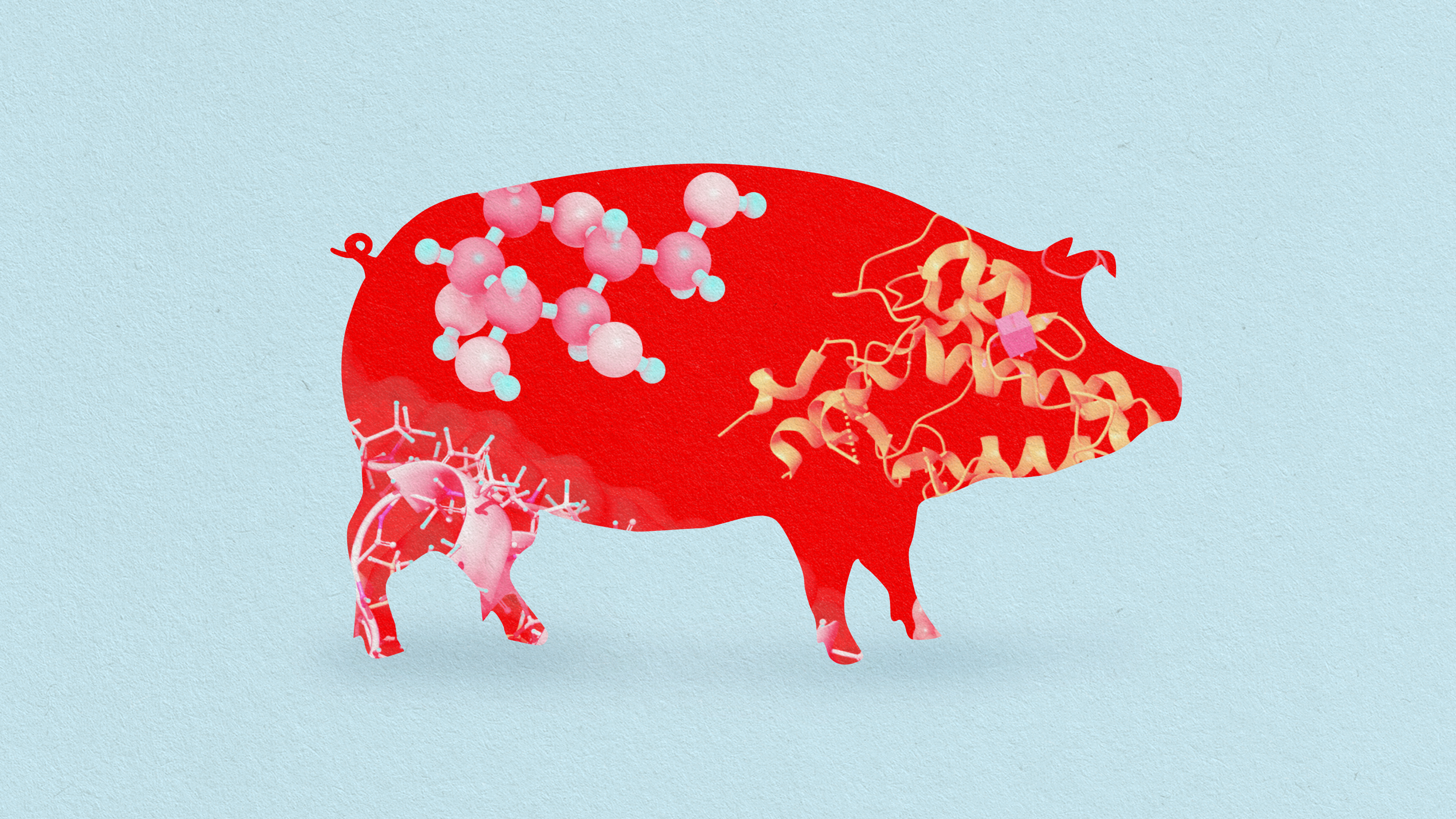Low-carb diets linked to earlier death, 25-year study finds

Numerous factors contribute to making good scientific claims. When it comes to studies, two are at the top of the list: participation and longevity. While there can be a value derived from a study that features, say, eight people over the course of four weeks, that’s only a starting point. To arrive at conclusive evidence, including more people over a longer period of time is necessary.
Which makes the realm of nutrition confusing. The proliferation of food blogging—sites dedicated to dieting, nutritional “facts”, and “cleansing”—leaves the public dazed. Considering how entwined emotions are with eating, we often seek out what verifies our beliefs. For example, I don’t know of any vegans that purposefully spend time on paleo sites (unless they’re looking for vegan options to that diet).
Eating for your blood type, dieting for your genetic predisposition, the hidden messages of water—okay, not really, but pretty much applies the same mysticism—every year features another must-try dieting trend, or twenty. Carb restriction is the diet du jour as getting into ketosis is the goal of many. Indeed, I’ve written favorably of it in the past, as studies back up its efficacy for weight loss and longevity—in the short term. Most everything I’ve come across is uncertain about the diet’s long-term validity.
Now a 25-year study, published in The Lancet Public Health, brings into question the healthiness of restricting carbs, as well as eating too many of them. We certainly love extremes when it comes to food, but the overall picture is one your grandmother would have mentioned: balance is key.
Sara Seidelmann, from the Division of Cardiovascular Medicine at Brigham and Women’s Hospital in Boston, and colleagues studied over 15,400 Americans over a quarter-century to better understand how their dietary choices affected mortality rates. They found that people that consume a moderate level of carbs (50-55 percent) at age 50 can expect to add another 33 years to their life. By contrast, high carb intake eaters (>70 percent) lived another 32 years on average, while low carb eaters (<40 percent) only added 29 years.
This isn’t the only study to confirm these data, as the researchers write:
These findings reflect a U-shaped relationship between carbohydrate intake and mortality, and were corroborated by data from other North American, European, Asian and multinational cohorts, combined as part of a meta-analysis.
Unfortunately for carnivores, the types of protein and fat you’re eating matters. The team found that excessive meat and dairy intake also shortens lives. They speculate that this is due to the decreased amount of fruit and vegetable intake; increased dairy and meat has been shown to tax our inflammation and oxidative stress systems. As Seidelmann notes:
If you are going to choose a very low carbohydrate diet as a way to lose weight or as an eating pattern, it’s very important that you are mindful to replace carbohydrate with more plant-based food.
This doesn’t let vegans off the hook, however. The team also found that high carbohydrate intake of processed foods and staples like rice also increases the risk of mortality. Plenty of vegetables and moderate intake of fruits—whole fruits, not juicing—should be the main staples of a healthy diet.
So: back to the basics. Michael Pollan for the win again. “Eat food. Not too much. Mostly plants.”
—
Stay in touch with Derek on Facebook and Twitter.





